It's Time to Evolve Authentication Security
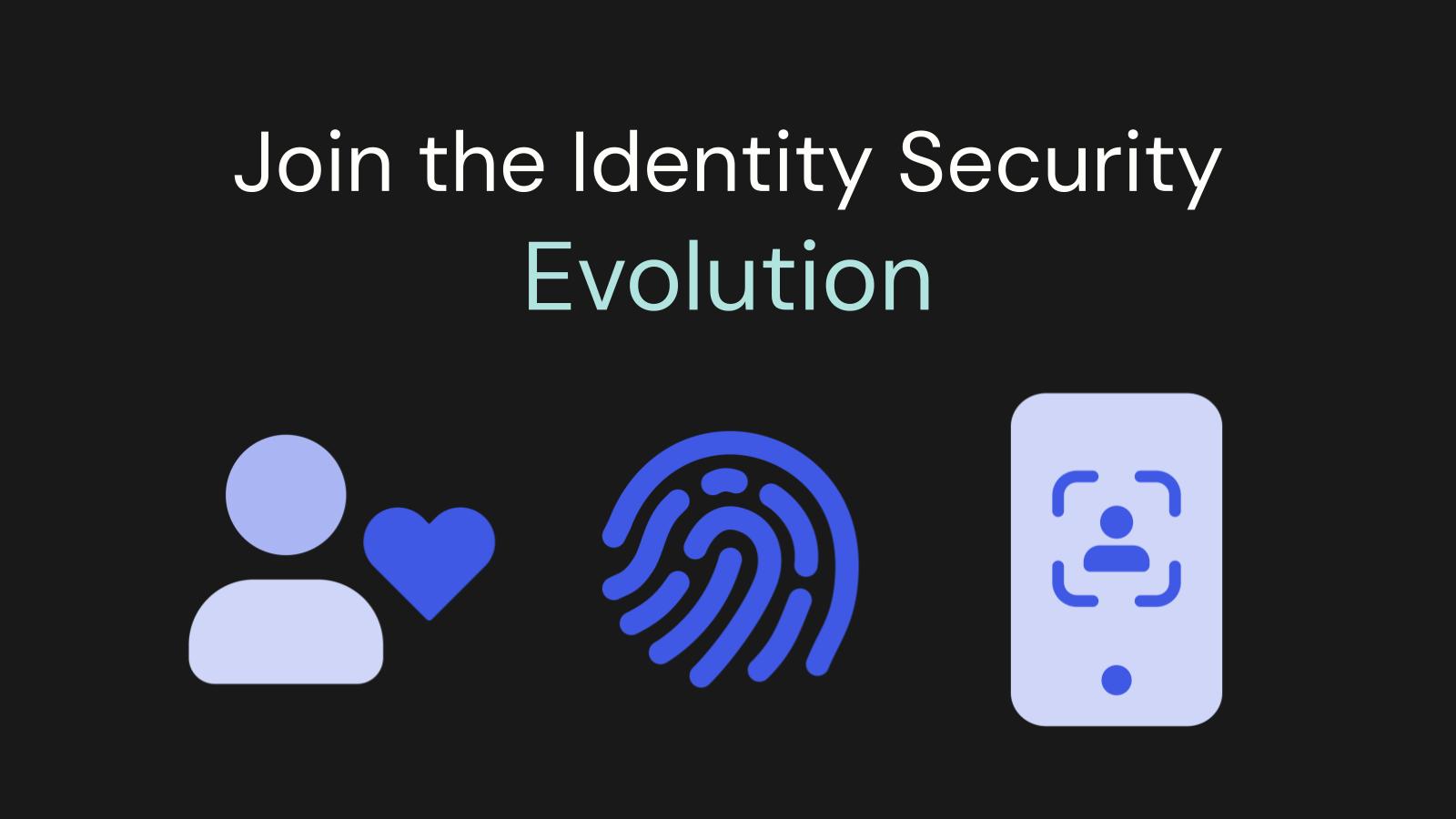
Identity-based attacks have become prevalent, and successful attacks are impactful. Attackers use increasingly sophisticated ways to breach privileged systems, so we must defend our accounts by elevating our identity security methods. Okta is committed to leading the industry in combating identity-based attacks through initiatives like the Secure Identity Commitment. Here are actionable steps you can take to protect your applications. Table of Contents Identity assurance is the goal Demystifying authentication factors Embrace phishing-resistant authentication Avoid...
Introducing CIBA for Secure Transaction Verification
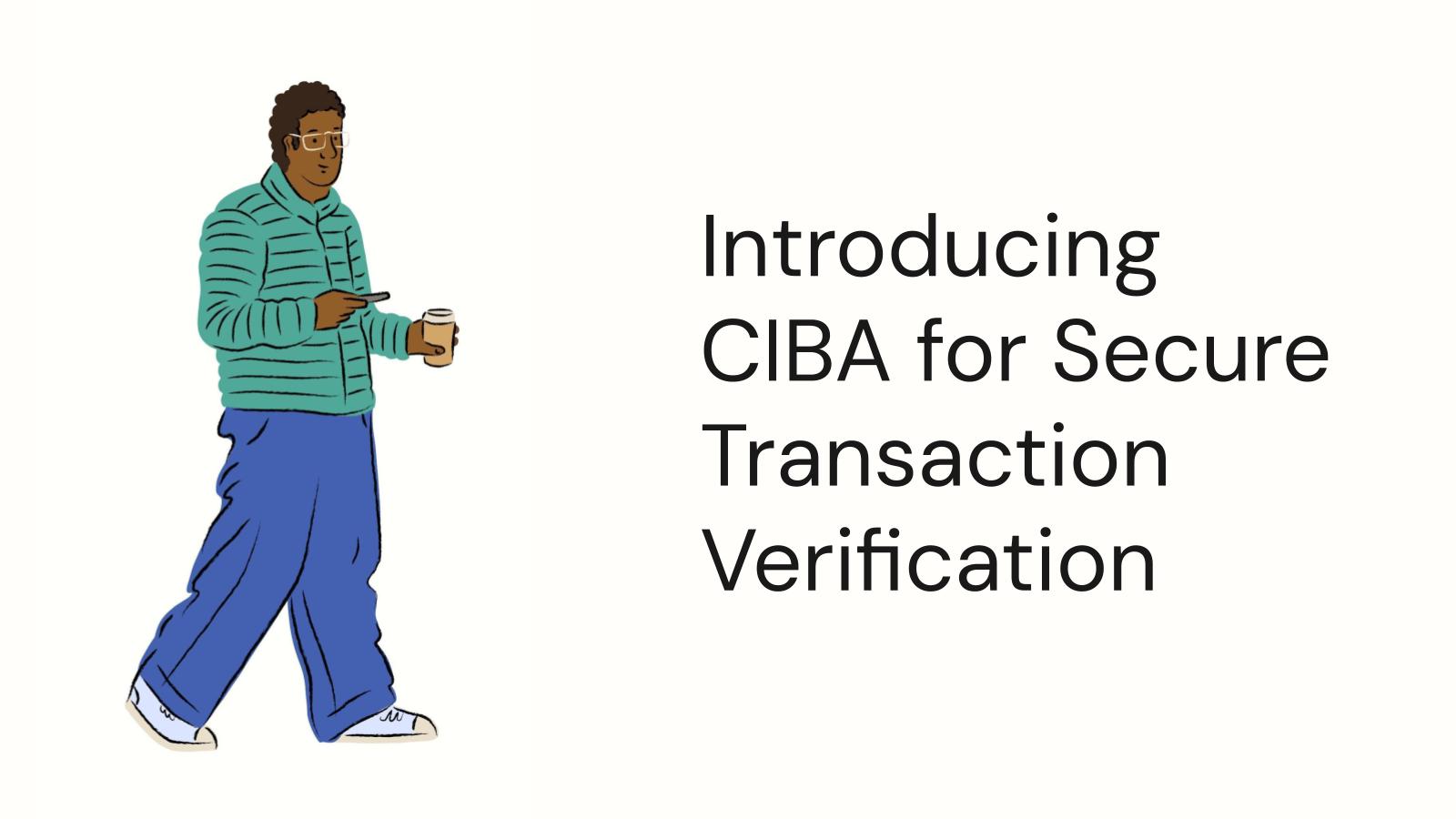
Digital applications constantly deal with identities. It’s important to verify identity at the application’s front door through authentication. Several mature and sophisticated techniques and standards for user authentication, such as OpenID Connect (OIDC) and Security Assertion Markup Language (SAML), allow a trusted identity provider (IDP) to securely authenticate the user before allowing access to an application. However, front door authentication is not the only context in which identities must be verified. Consider the following scenarios:...
Secure Your Express App with OAuth 2.0, OIDC, and PKCE
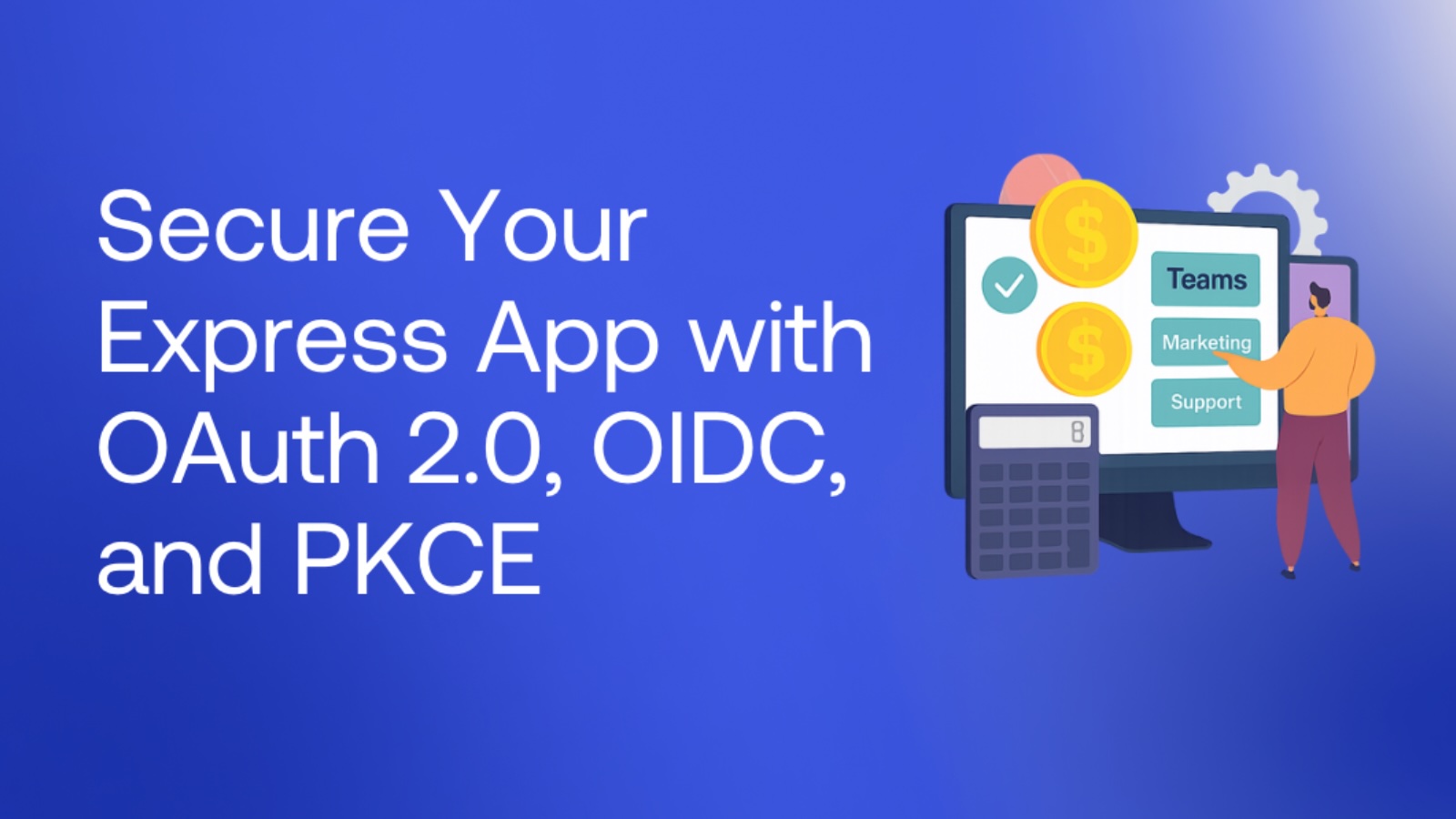
Every web application needs authentication, but building it yourself is risky and time-consuming. Instead of starting from scratch, you can integrate Okta to manage user identity and pair Passport with the openid-client library in Express to simplify and secure the login flow. In this tutorial, you’ll build a secure, role-based expense dashboard where users can view their expenses tailored to their team. Check out the complete source code on GitHub and get started without setting...
Create a React PWA with Social Login Authentication
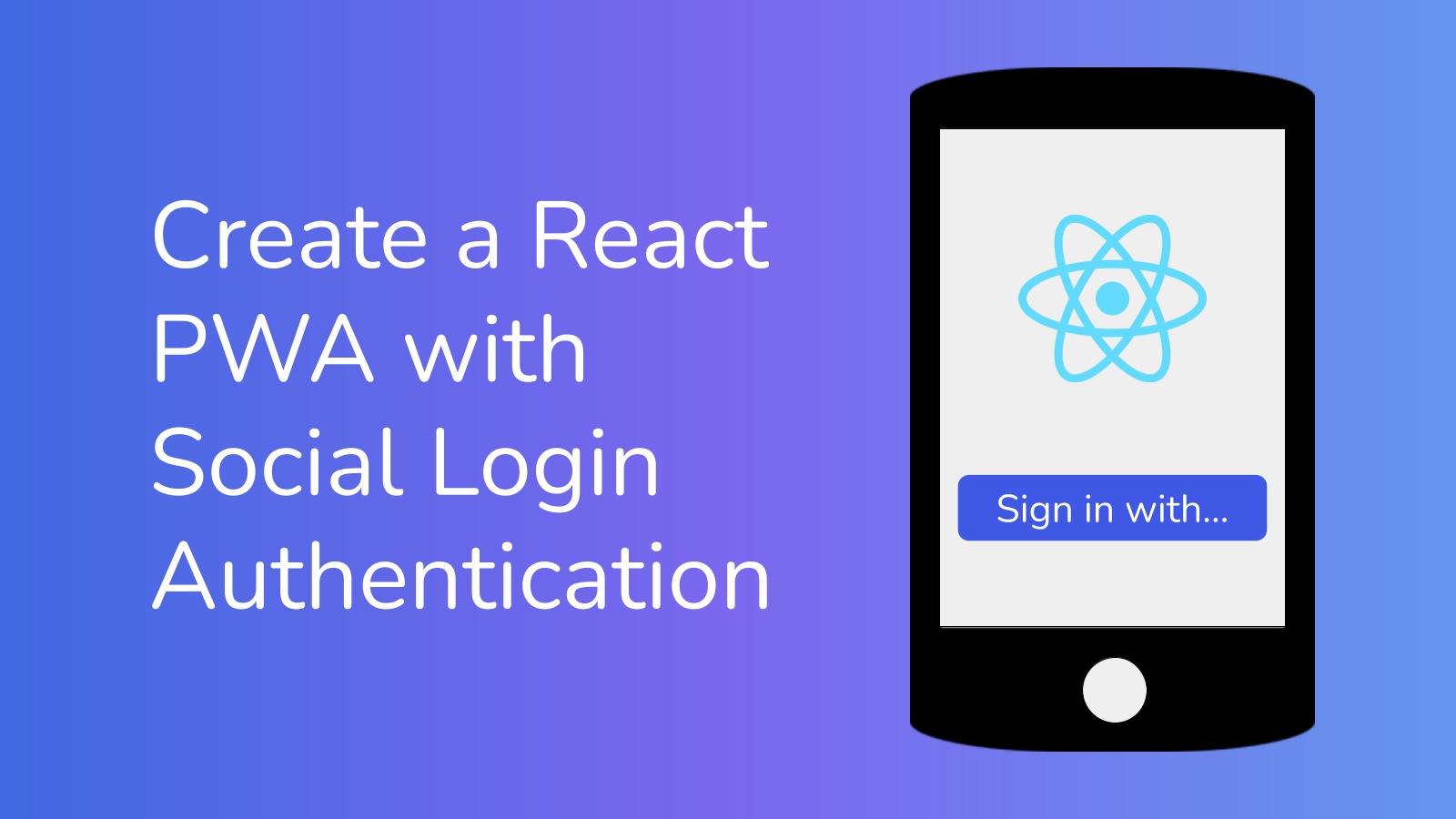
Progressive Web Apps (PWAs) offer the speed, reliability, and offline functionality of native apps—all delivered through the web. However, security is as important as performance, especially regarding user authentication. Modern authentication is essential in a world where users expect instant, secure access across multiple devices and platforms. Identity providers, like Okta, offer secure, scalable, and developer-friendly tools for implementing authentication. Federated identity allows users to sign in using existing social accounts. In this article, we’ll...
Integrate Your Enterprise AI Tools with Cross-App Access
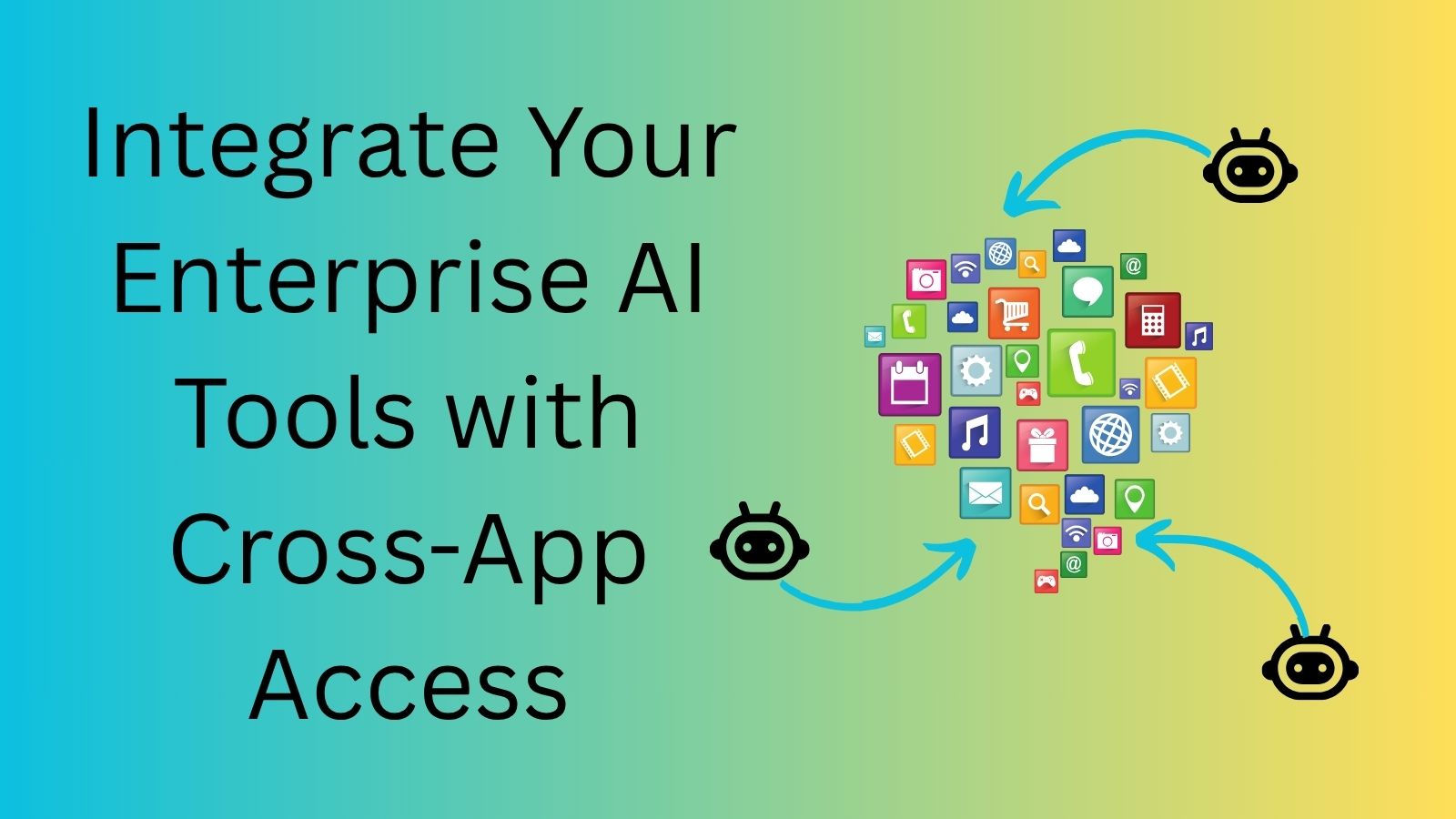
SaaS apps not only have to meet the rigorous demands of managing users at an enterprise level but must also be secure and resilient by design. In “An Open Letter to Third-party Suppliers”, Patrick Opet, Chief Information Security Officer of JPMorgan Chase, writes: “Modern integration patterns, however, dismantle these essential boundaries, relying heavily on modern identity protocols (e.g., OAuth) to create direct, often unchecked interactions between third-party services and firms’ sensitive internal resources.” Modern identity...
Superheroes, Startups, and Security: Sohail's Path to Developer Advocacy at Okta
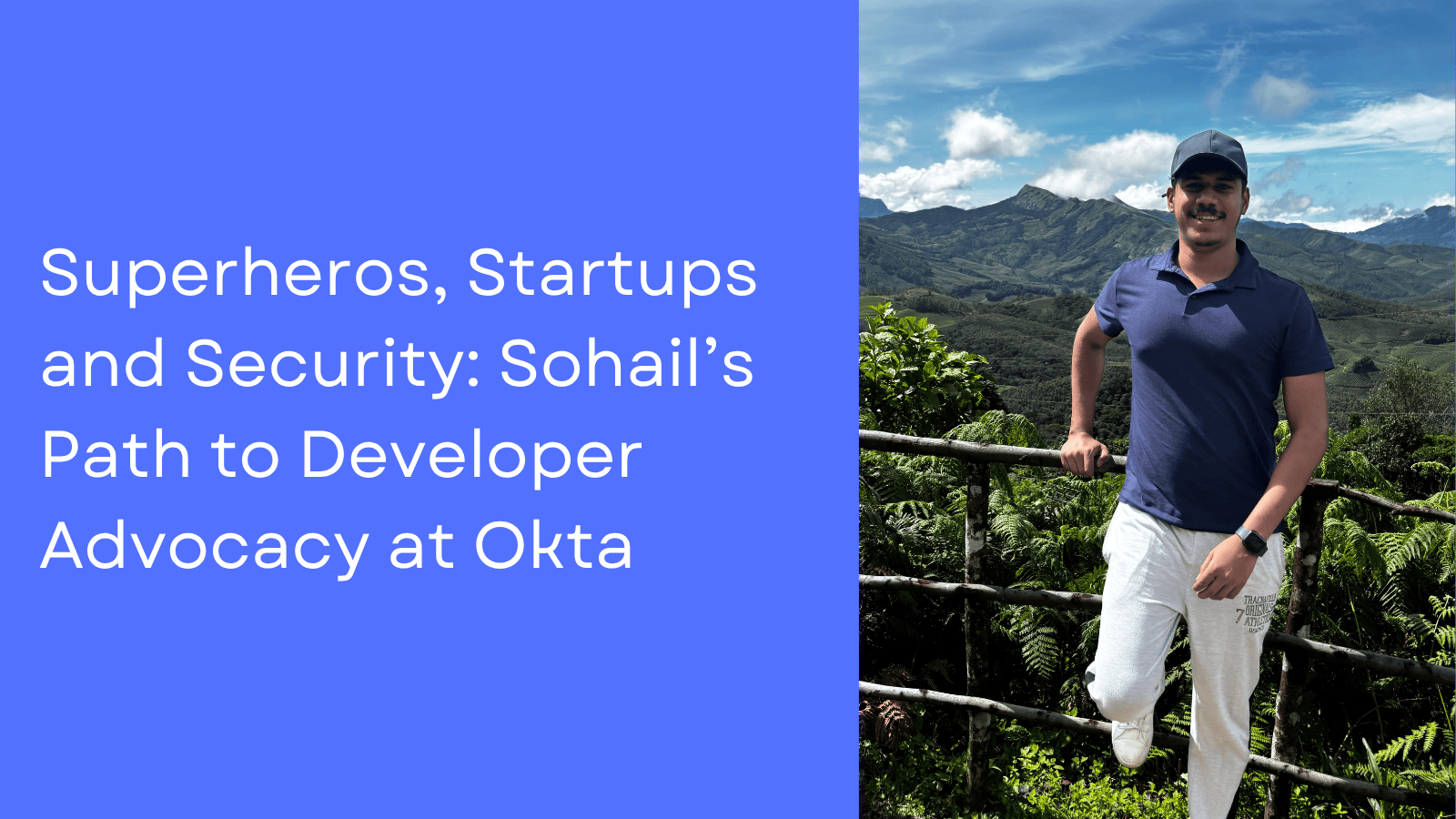
“Sometimes, all it takes is a spark of curiosity to ignite a lifelong journey.” - Unknown Hello OktaDev community 👋! Let me tell you a story – a story of dreams, passion, and the continuous pursuit of curiosity. My name is Sohail Pathan, and I’m thrilled to join Okta as a Senior Developer Advocate. It all started in Nagpur, a quaint city nestled in central India. As a child, I eagerly peered through my window,...
Changes Are Coming to the Okta Developer Edition Organizations

As part of Okta’s Secure Identity Commitment (OSIC) to lead the industry in the fight against identity attacks, we are making changes to improve our architecture related to developer organizations. On May 22, 2025, our new Integrator Free Plan will become the default organization type when you sign up on developer.okta.com. If you are actively using an Okta Developer Edition org, please create an Integrator organization and migrate to it. The Okta Developer Edition terms...
Astronomy Geek to Oktanaut: Landing as a Dev Advocate at Okta

I’m Akanksha Bhasin, and I’m all about building community for developers. I come from a developer background, and for over six years, I’ve been building and growing communities for developers. On top of that, I’ve spent the last four years diving into Developer Relations. I’ve had the chance to work with some fast-growing companies, helping them build their communities worldwide. That means getting the word out about emerging tech to developers, organizing significant events and...
Integrators Assemble!
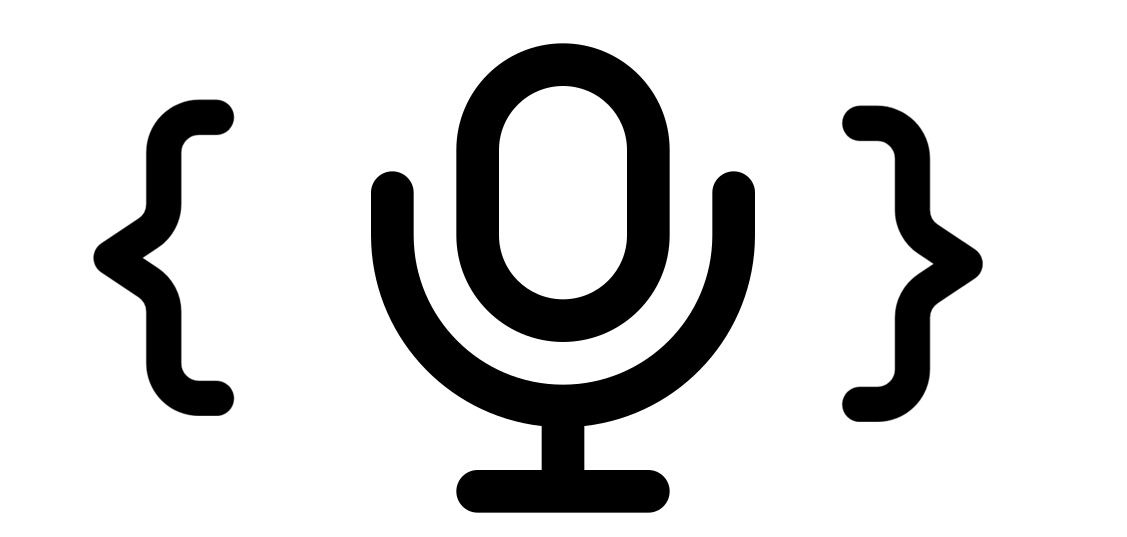
The Developer Podcast is back, focusing on all things integrator this season! In this introductory episode, you’ll meet the hosts and learn what’s in store for the rest of the season. We’ll get more hands-on with technical and architectural identity integration topics through the season. You can also find this eposode in audio form on Casted or your favorite source of podcasts. If it’s missing from your preferred podcast platform, please let us know in...
Announcing Integrator Office Hours

Are you working on an integration for the Okta Integration Network(OIN)? Would you like assistance designing, implementing, or submitting your integration? Our Integrator Office Hours program is now open to all builders at all stages of integration development! To attend, simply sign up via Zoom. If you share more details about your integration when you sign up, we’ll make sure to have the right experts at your session! You can also ask questions on the...